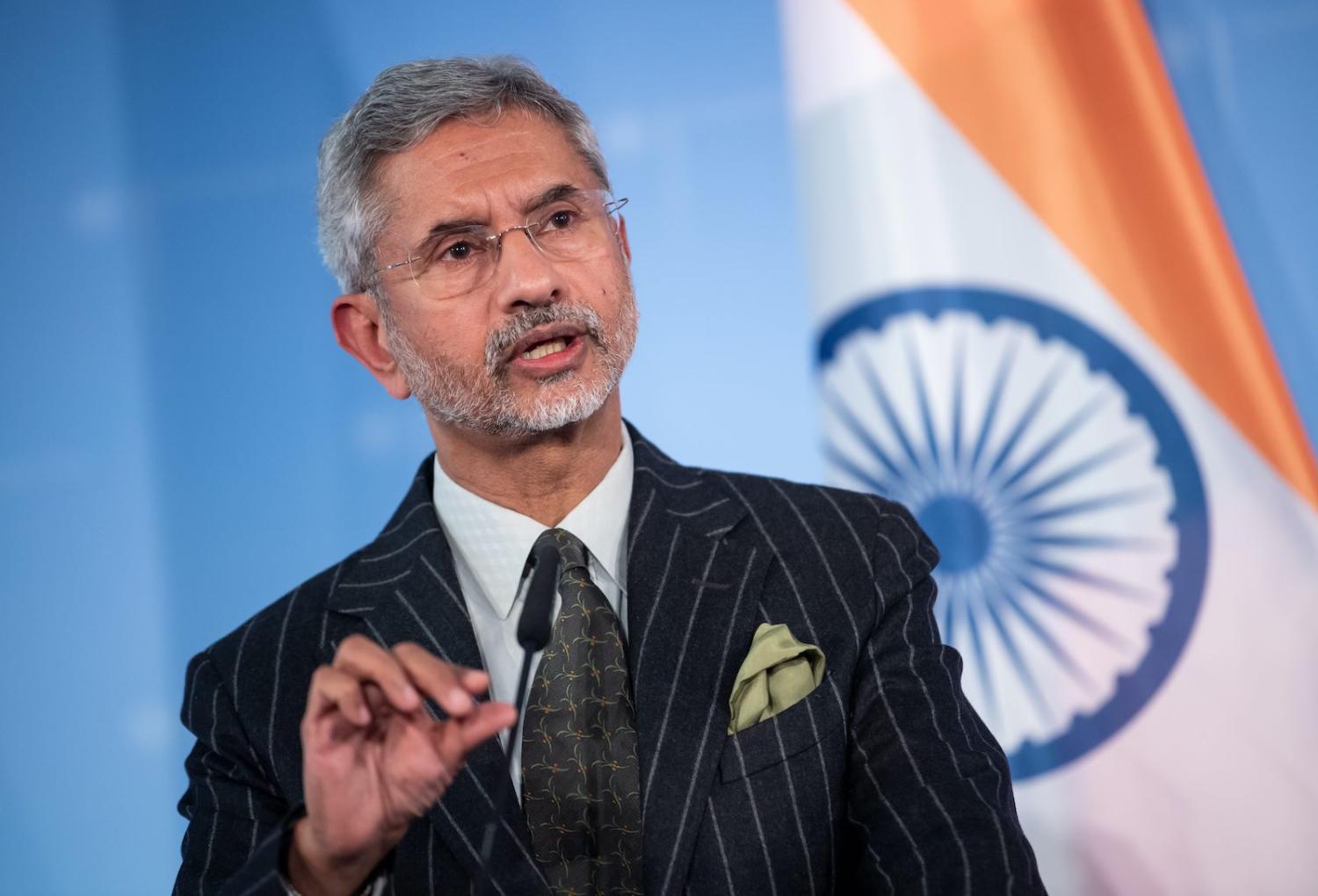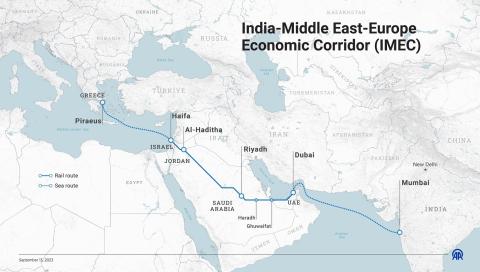India’s Foreign Minister Subrahmanyam Jaishankar this week made the clearest statement yet that India intends to head back down the road of economic autarky – for strategic reasons. This would represent a U-turn on almost 30 years of trade liberalisation, with profound effects for India’s role in the region and the Australia-India relationship.
In 1992, India was deep in the throes of a recession, after decades of failed Nehruvian policies of promoting domestic development while discouraging foreign trade and investment. India had become famous for the so-called “Hindu Rate of Growth”, which barely exceeded population growth. The then government, with Manmohan Singh as Finance Minister, responded boldly, dismantling barriers to domestic competition and reducing tariff walls and investment restrictions.
To be sure, India never drank the Kool-Aid that free trade is unreservedly good. Around 60% of the population relies on agriculture, much of it relatively inefficient, as are many manufacturing sectors. This is why India has avoided regional free trade arrangements and has only limited number of bilateral FTAs.
Economic reforms may not have reached the level of Deng Xiaoping’s 1978 “opening up” of China, but it did usher in almost three decades of sustained economic growth, projected to be about 7% annually in 2019.
There have been several signs that this trajectory is coming to an end. Narendra Modi, elected Prime Minister in 2014, was known to be “pro-business”. But assumptions that this would translate into economic liberalism were incorrect. Indeed, the Hindu nationalist ideology of the governing BJP party strongly emphasises traditional Hindu values and self-reliance, rather than Western-style globalisation.
Despite this ideology, Modi has tried to satisfy different interest groups, and has made significant progress in reforming the tax system and relaxing foreign investment restrictions. But meaningful trade liberalisation was always going to be too hard. India’s last-minute withdrawal from the Regional Comprehensive Economic Cooperation agreement negotiations in 2019 indicated that domestic constituencies were going to triumph over free trade.
Jaishankar’s scepticism about trade deals is revealing about the long delays in negotiations with Australia.
Covid-19 has ended further moves towards trade liberalisation. In May this year, Modi touted Atmanirbhar Bharat (a self-reliant India) policy as the answer to India’s woes. Indeed, global concerns about supply-chain resilience and exposure to China were well received in India, fuelling dreams that international companies will transfer manufacturing lines from China.
But foreign companies will first have to negotiate an Indian system of unfriendly bureaucrats and regulations governing labour and land. To put this in context, India was ranked 63 in the 2020 Ease of Doing Business Rankings (up from 77 the previous year), while China appeared at 31 (up from 46 the previous year).
It is significant that the Indian Foreign Minister has addressed India’s economic relationship with the world as principally a strategic issue. In his speech this week, Jaishankar said the question in 1992 should never have been about an open or a shut economy, but one of negotiating an optimal engagement with the world. Success, as he put it, “should not have been determined by GDP growth rate only”, but also by sustainability, employment and all-round development of society.
Jaishankar argued that India “failed to develop the deep strengths of a large industrial economy” and created employment challenges “by becoming overdependent on imports”. India has allowed subsidised products and unfair production advantages from abroad to prevail, he said, “justified by the mantra of an open and globalised economy”.
According to Jaishankar, India’s choice was to double down on globalisation “or to have the courage to think through the problem for ourselves.”
It is not just about economics, as “choices today have a much deeper strategic implication” and the decision of today would determine whether India becomes a first-class industrial power. He said past trade agreements had the effect of de-industrialising some sectors, while future deals “would lock India into global commitments, many of them not to our advantage”. His critique of the prevailing orthodoxy of the past 30 years went further:
Those who argue stressing openness and efficiency do not present the full picture. This is equally a world of non-tariff barriers of subsidies and state capitalism.
Jaishankar argues that the Atmanirbhar Bharat policy will build national capabilities and strengths:
It is far from turning our back on the world; in fact, it is to enter the global arena with cards to play, not just to provide a market for others. This is really about seriously building comprehensive national power. Our success in doing so will determine future terms of engagement and our standing with the world.
This strategy, if fully implemented, will have profound consequences for India’s role in the region. Even putting aside questions about its likely success, an India that focuses on domestic markets may be a poorer country, and probably one with less economic, political and security influence in Southeast Asia and the Indian Ocean region, at least in the short to medium term.
It will also profoundly affect the Australia-India relationship, where economic relations have long been recognised as the weakest link. Australia’s hopes for a Comprehensive Economic Cooperation Agreement with India that delivers benefits in the nature of those delivered by its trade agreements with China, Japan and South Korea was probably always a pipe dream. Jaishankar’s scepticism about trade deals is revealing about the long delays in negotiations with Australia.
But even the limited and targeted India economic strategy proposed by former Department of Foreign Affairs and Trade secretary Peter Varghese in 2018 must also be in doubt. The expected release of India’s own Australia Economic Strategy report has now been delayed for almost a year, and will now need to take into account the Atmanirbhar Bharat policy. Cooperation in technology and building supply-chain resilience in areas such as rare earth minerals and medicines are important and worthy goals, but will not be a substitute for a broad and deep trade relationship.
This article is part of a two-year project being undertaken by the ANU National Security College on the Indian Ocean, with the support of the Australian Department of Defence.

